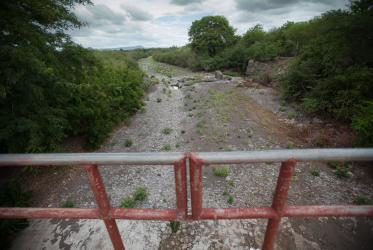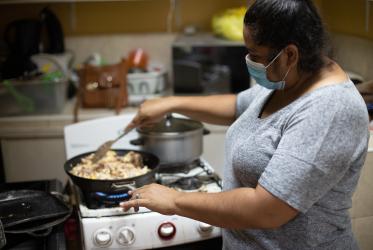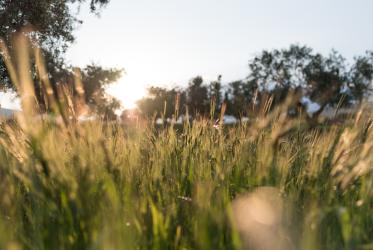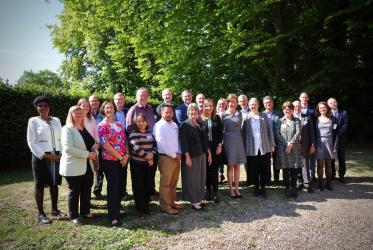Displaying 141 - 160 of 525
Groundwater is “a political question”
27 April 2022
Webinar offered time to reflect on Seven Weeks for Water
13 April 2022
WCC Eco-School 2022 postponed to November 2022
31 March 2022
Reflect on Seven Weeks for Water at upcoming WCC webinar
31 March 2022
















